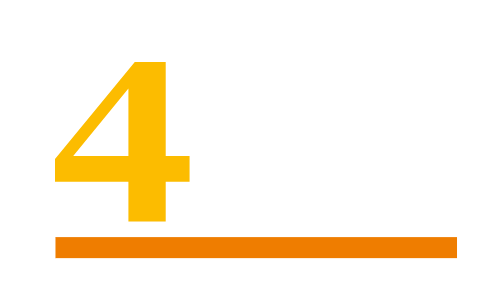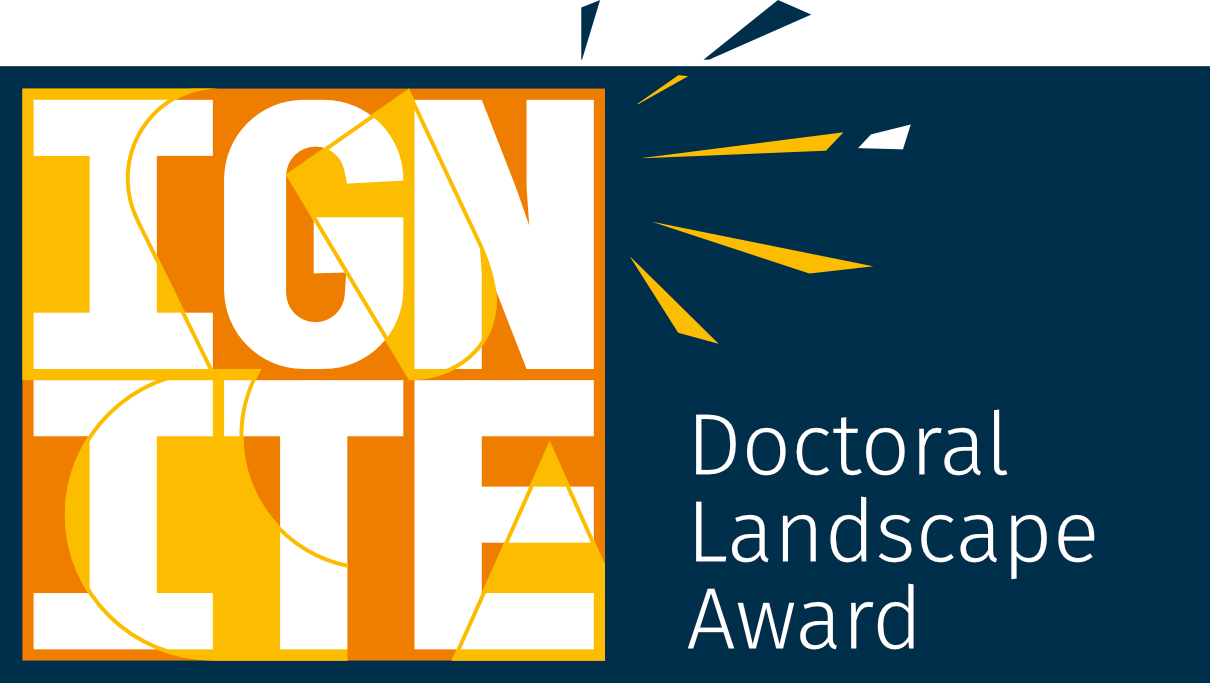How to apply for a research degree
Click here to learn how to apply for a research degree at the University of Southampton
You are strongly encouraged to apply to one project, but you are able to apply to a maximum of two projects. All PhD applications to IGNITE should be made here


See more
To be eligible for an IGNITE project and studentship, you must have:
- BSc/MSci 2:1 (or equivalent)
- and/or Masters (MSc or MRes) at Merit/Distinction level (>60%).
- and/or evidence of significant relevant professional experience equivalent to Masters level.
- IELTS overall 6.5 / TOEFL overall 92 (Band C), if applicable.
Both UK and international students are eligible to apply to an IGNITE Project. However, a maximum of 30% of IGNITE studentships (usually 5 studentships per year) can be provided to international applicants so competition for these studentships is very high. We strongly encourage you to speak to the lead supervisor of a project to check your suitability before applying.
To be considered a “Home/UK student” you must:
- Be a UK National or,
- Have settled status or,
- Have pre-settled status or,
- Have indefinite leave to remain or enter
- Be an Irish National.
If you do not meet the criteria above, you would be considered an international student.

See more
View our projects here
We strongly encourage you to contact potential supervisors ahead of submitting your application.
You can find a list of our current academics here.
Email is typically the most effective way to contact a potential supervisor. You will find a supervisor’s contact email on their staff profile.
IGNITE DLA projects can be based at any of our Hosting Partners. The project will be based at the same location as the lead supervisor, and the project advert should state where this will be.
What to say when you email a potential supervisor
When sending your first email, it’s a good idea to:
- Briefly tell them about your research interest and how you feel it aligns with their expertise
- Express why you want to do this research or your interest in the topic
- Keep it short and to the point – supervisors may not have a great amount of time to carefully read all initial emails they receive
- Check the person’s title (for example, Dr, Professor, Mr, Mrs.)
Allow 2 to 3 weeks for an initial response. If you haven’t received a response within that time, you can contact the Doctoral College Faculty team – fels-pgr-apply@soton.ac.uk.
It is possible to propose your own project to the IGNITE Doctoral Landscape Award. To do this, you should:
- Find a supervisor from one of the IGNITE DLA Hosting Partners to discuss your project idea and get their support
- Email nerc-dla@soton.ac.uk to request a Project Proposal Template
- Follow the guidance on how to create your own research proposal
- Submit your application, attaching your Project Proposal

See more
Incomplete applications will not be sent to supervisors for review. To have your application processed, you’ll need to send us:
- Your degree certificate.
- Your CV with details of your academic record and research interests
- Your academic transcript
- Details of 2 current academic referees, with their institutional email addresses
- A short statement of your research interests and reasons for choosing the projects you’re applying for
- IELTS or TOEFL certificate if English is not your first language
English language requirements
If English is not your first language, you’ll need an IELTS minimum level of 6.5 with a 6.0 in writing, reading, speaking and listening.
Your awarded certificate needs to be dated within the last 2 years.
If you need further English language tuition before starting your degree, you can apply for one of our pre-sessional English language courses.

See more
What we’re looking for in a personal statement and CV
We’ve included some further information on what we’re looking for in a personal statement and CV, and some contact points (particularly for students from backgrounds which are currently under-represented in our PhD cohorts or in UK higher education) for further support.
Your personal statement
The personal statement is an important part of the application – here, we get the chance to learn more about you and your motivation for study, beyond degree scores and basic details in your CV. A good personal statement gives detail on:
(a) what is your motivation for and interest in doing a PhD, and in particular the specific PhD(s) you’ve applied for. This includes what you hope to get from a PhD in terms of supporting your future career ambitions: we recognise that PhDs are not purely avenues for academic research careers – motivations for study can include developing the research and independent self-organisation skills needed to thrive in a wide range of industries and work sectors; and
(b) how your background skills and experience will support the work in the PhD – these can be wider skills, such as communication, coding, report writing, or team-working, or specific skills such as previous laboratory work or project experience that’s relevant to the topic of the PhD. Examples where you have used your initiative, imagination, or perseverance to achieve a goal can be very useful here – we are interested in how you have made the most of the opportunities available to you to gain skills and experience.
We are particularly interested in hearing if you’ve had to overcome any particular challenges to get to where you are today (that is, a graduate applying for a PhD), so that we can (in confidence) include this in the short-listing and decision processes. These challenges may include overcoming mental health or other challenges, or challenges around support and opportunity (e.g. first generation of your family to study at University, unconventional career path, periods spent outside of education).
Your CV
A good CV should be clearly organised, and not exceed 2 pages in length. It should cover details of your educational achievements including any research projects undertaken as well as describing any work experience. There is a range of online material discussing how to construct a CV, but a recommended resource for general CV construction can be found on the University web pages.
Further details/support
Applicants can seek advice and further details from potential project supervisors and from the Faculty Graduate School, on fels-pgr-apply@soton.ac.uk.

See more
The application deadline is 08 January 2026.
Once you have submitted your application, it will be reviewed by the Faculty of Environmental and Life Sciences Admissions team (fels-pgr-apply@soton.ac.uk).
After you have uploaded all the required documents, your application will be passed on to the relevant academic selector. Please ensure that you submit all of your documents, as incomplete applications will not be sent to the supervisor.

See more
Our visit days are an opportunity for interview candidates to find out more about the IGNITE DLA and the interview process. You will also have an opportunity to meet with the prospective supervisor to discuss the project. We hope that you will be able to join us in person at the Waterfront Campus, and will provide some funding for reasonable travel expenses. However, if you’re unable to travel, we will offer the same programme of activities online.
- Fri, 13/02/2026 – On campus visit day
- Tue, 24/02/2026 – Online Visit Day for invited IGNITE applicants
- Thu, 26/02/2026 – In-Person Visit Day for invited IGNITE applicants

See more
Online interviews will take place between 02 March 2026 and 06 March 2026
General enquiries and requests for reasonable adjustments should be directed to the NERC DLA team: nerc-dla@soton.ac.uk.
Preparing for the interview, and the interview process.
If you are shortlisted for an interview we want you to be comfortable and give your best performance at the interview. Interviews will include a chair and a co-chair who are independent from the project, as well as the project supervisor. Our interview Chairs are experienced at putting you at your ease, and so we hope that the interview will be a positive experience. While the exact format of the interview will vary depending on the particular interview panel, most IGNITE PhD interviews start with some general questions on your academic and wider experience (this is where you can talk about research that you’ve previously completed or are currently doing), why you’re applying for a PhD, and how the PhD work might support your future career goals. All of our interviews and held online.
In the interview, we’re looking particularly for motivation and enthusiasm, both for the specific PhD topic(s) and the wider field, including evidence of your understanding of what the PhD project is about and why this PhD research might be important to wider society and our understanding of the environment – a typical question might be “in 2 – 3 sentences explain why this work is important”. It’s important that you’ve also read around the PhD topic – make sure you’ve read about the topic, and also check the webpages of your potential supervisors for their background. Make sure that you’ve “done your homework”, as this shows your enthusiasm for the project, and makes the interview more rewarding for all! You’ll get the chance to discuss the project in advance of the interview with supervisory team members, and ask them specific questions about the project. You can also ask the prospective supervisor for advice about the interview. You are very welcome to contact your prospective supervisor(s) ahead of an interview, and indeed this is a good idea – they will welcome hearing from you.

See more
We expect to be able to start making offers between 09 March 2026 and 13 March 2026.
Initially, we will make an informal offer via email, so you can consider it at your earliest convenience. We will send your formal offer and studentship letter shortly after this.

